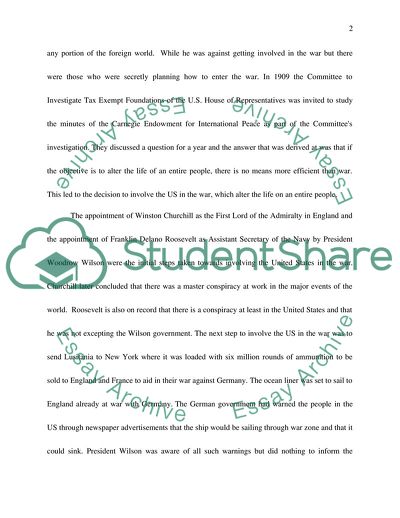Cite this document
(The Treaty of Versailles Case Study Example | Topics and Well Written Essays - 2178 words, n.d.)
The Treaty of Versailles Case Study Example | Topics and Well Written Essays - 2178 words. Retrieved from https://studentshare.org/history/1703140-why-did-the-united-states-refuse-to-ratify-the-treaty-of-versailles-and-to-join-the-league-of-nations
The Treaty of Versailles Case Study Example | Topics and Well Written Essays - 2178 words. Retrieved from https://studentshare.org/history/1703140-why-did-the-united-states-refuse-to-ratify-the-treaty-of-versailles-and-to-join-the-league-of-nations
(The Treaty of Versailles Case Study Example | Topics and Well Written Essays - 2178 Words)
The Treaty of Versailles Case Study Example | Topics and Well Written Essays - 2178 Words. https://studentshare.org/history/1703140-why-did-the-united-states-refuse-to-ratify-the-treaty-of-versailles-and-to-join-the-league-of-nations.
The Treaty of Versailles Case Study Example | Topics and Well Written Essays - 2178 Words. https://studentshare.org/history/1703140-why-did-the-united-states-refuse-to-ratify-the-treaty-of-versailles-and-to-join-the-league-of-nations.
“The Treaty of Versailles Case Study Example | Topics and Well Written Essays - 2178 Words”, n.d. https://studentshare.org/history/1703140-why-did-the-united-states-refuse-to-ratify-the-treaty-of-versailles-and-to-join-the-league-of-nations.


